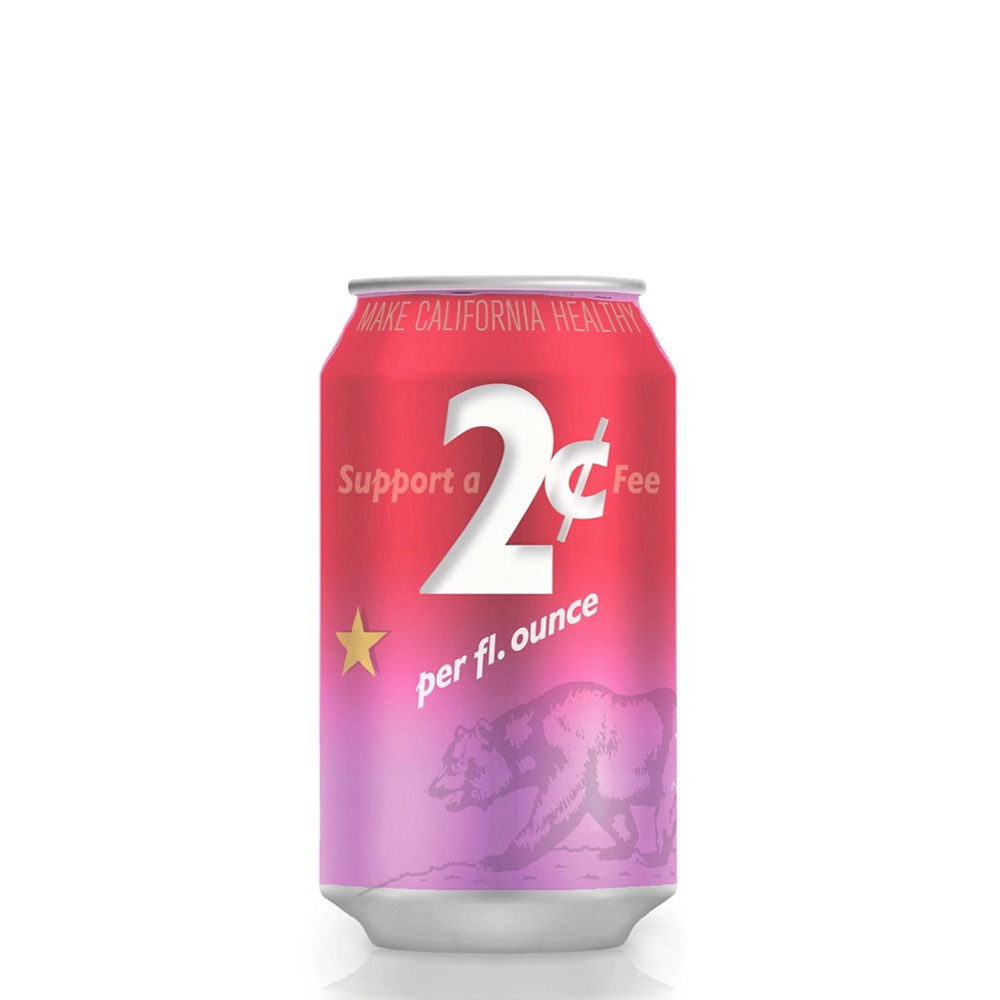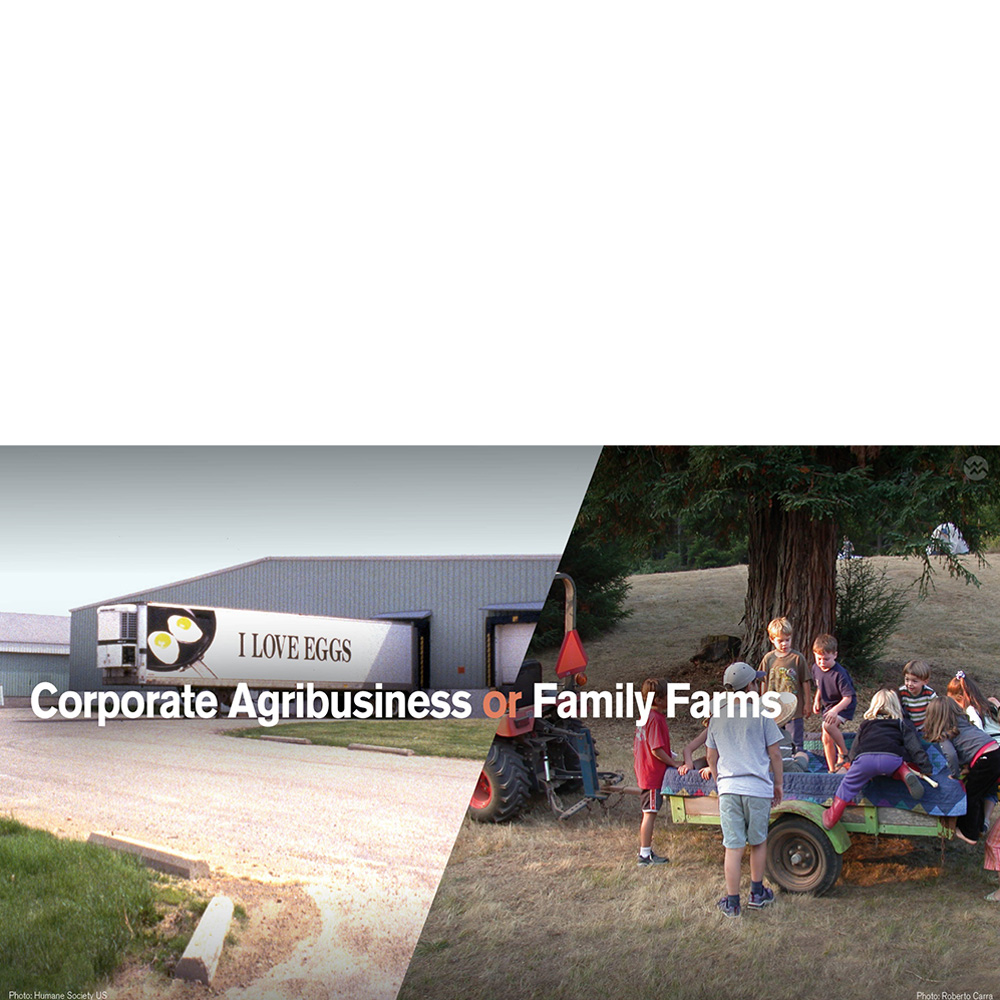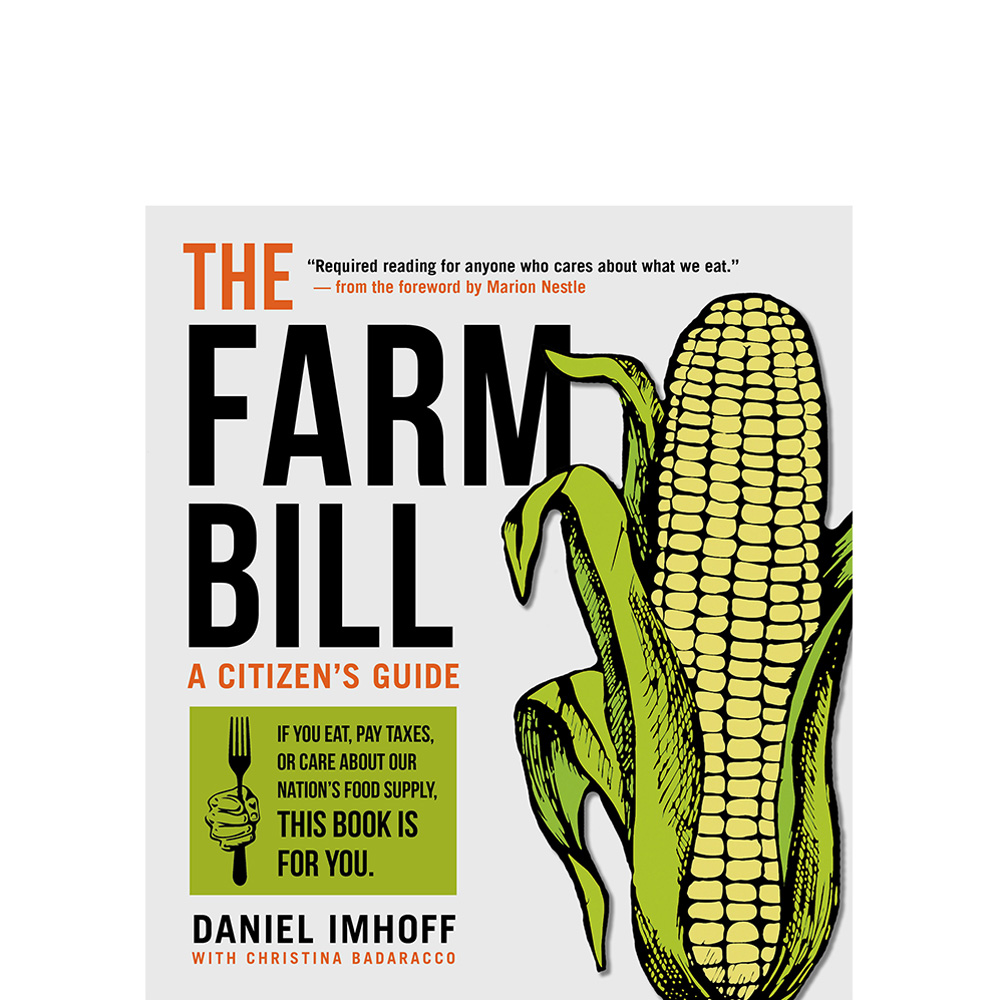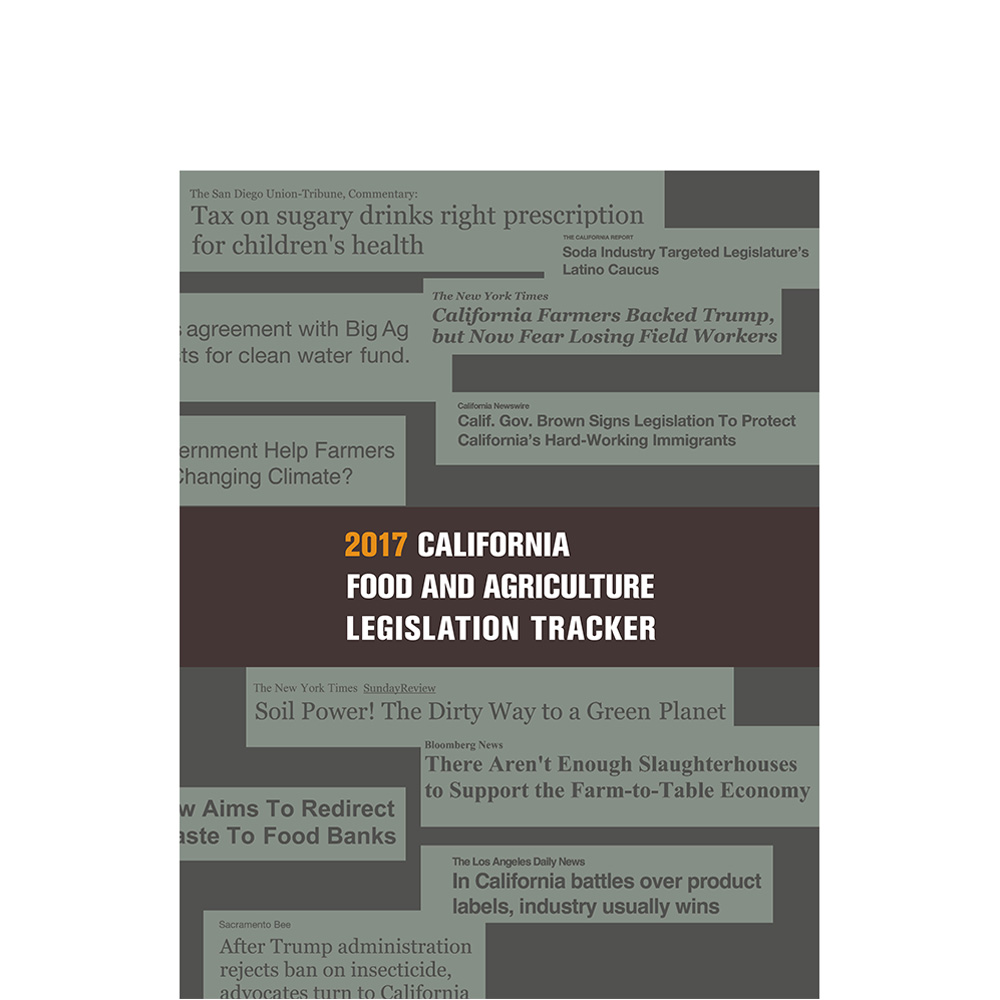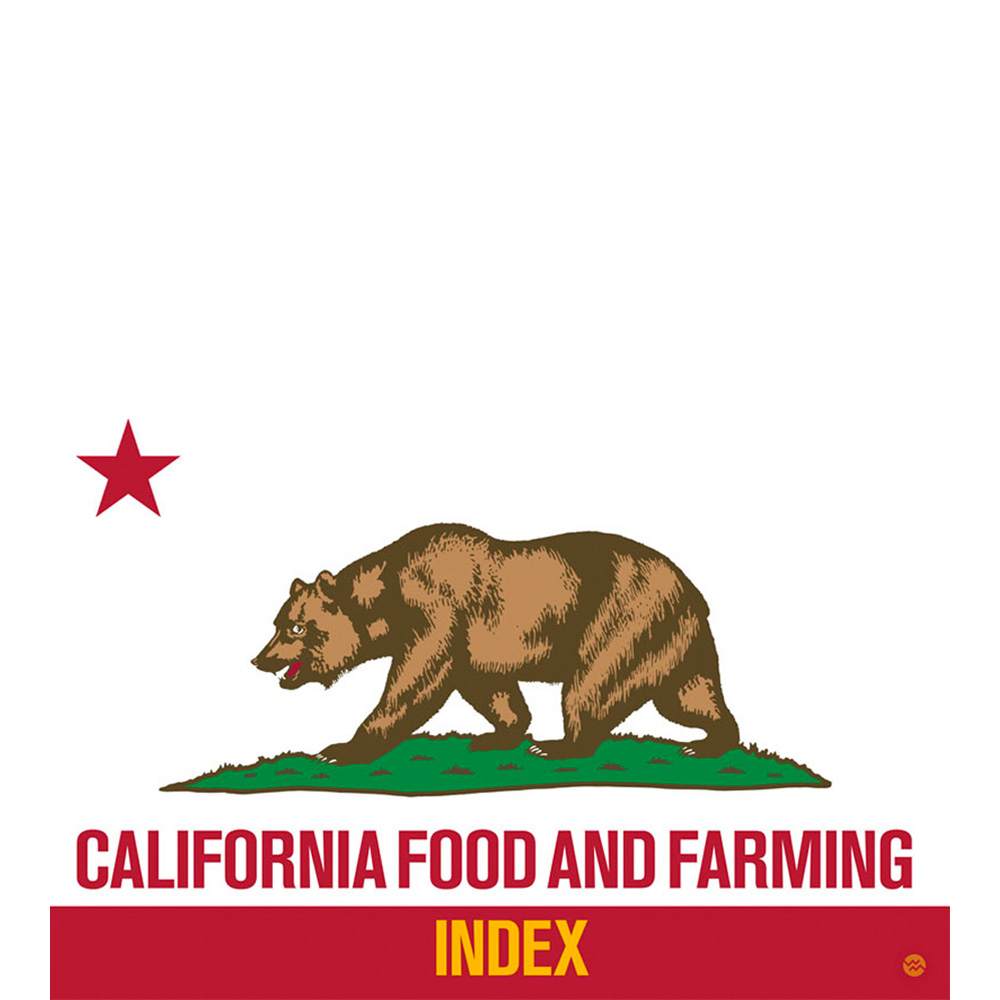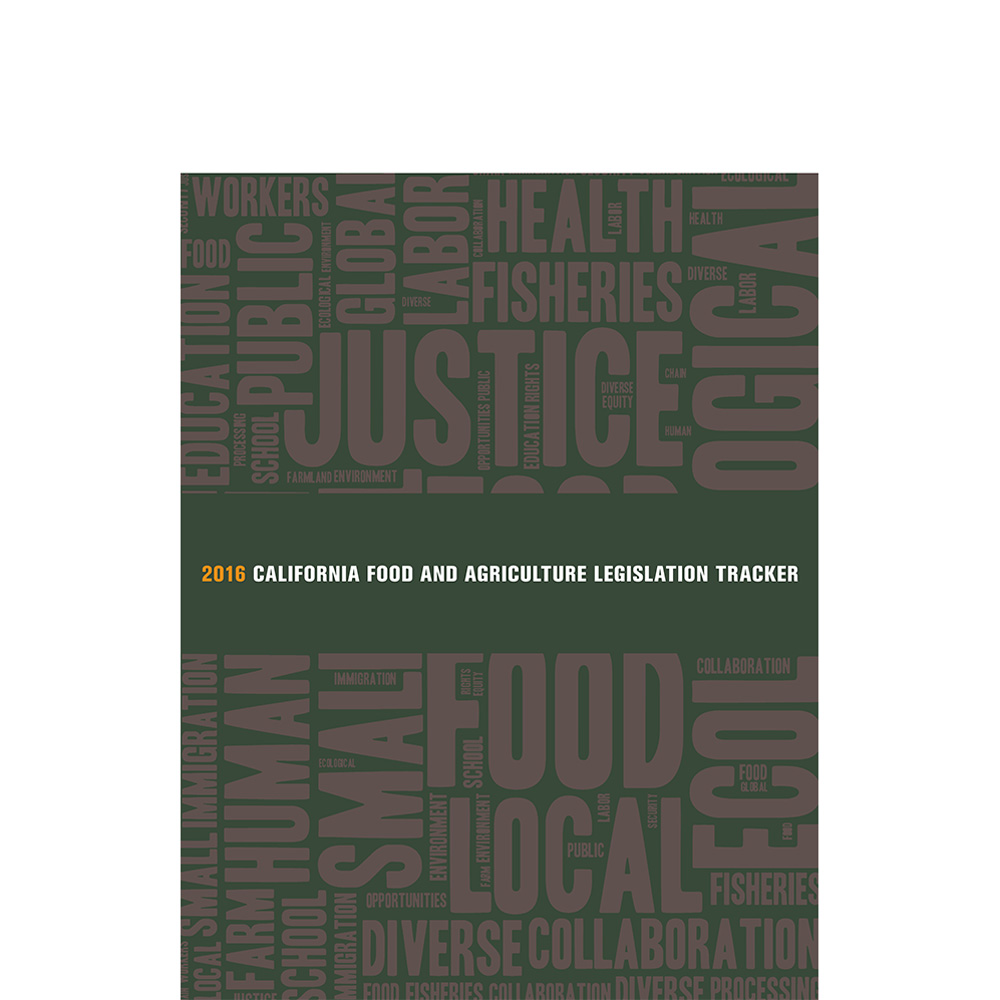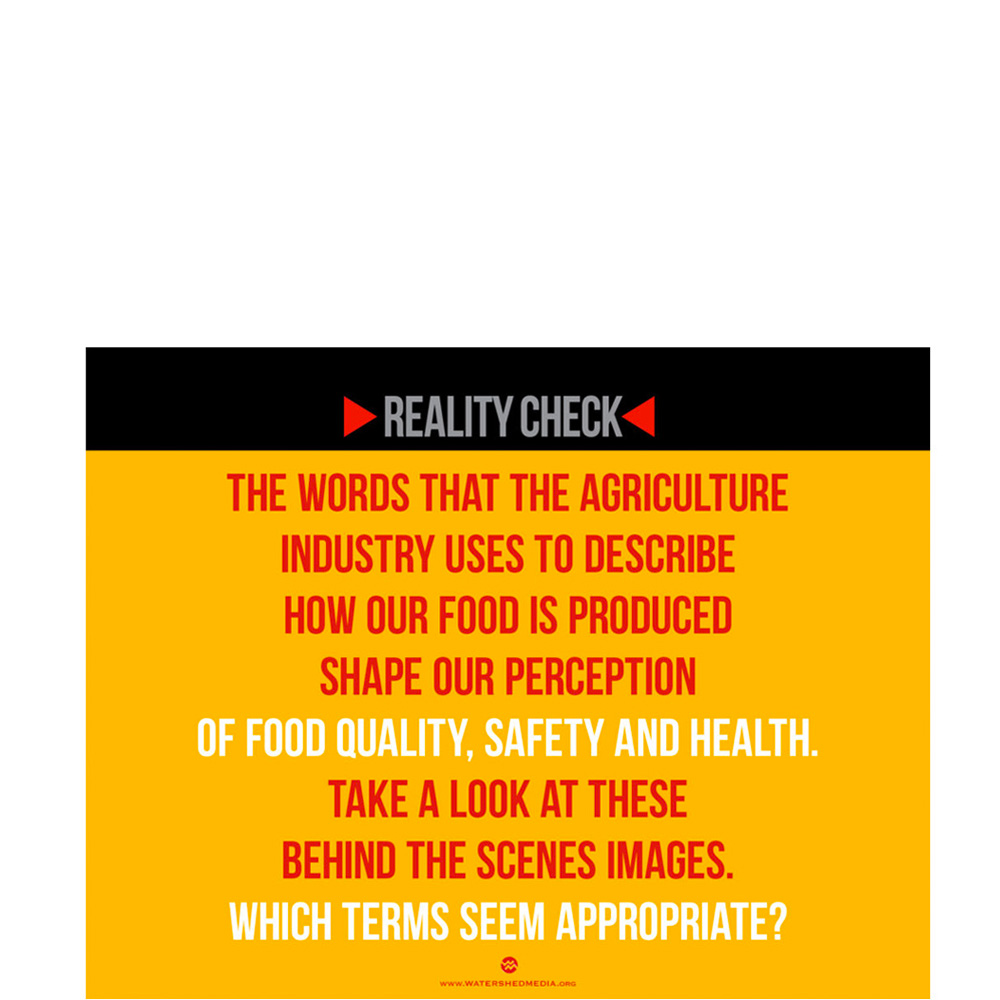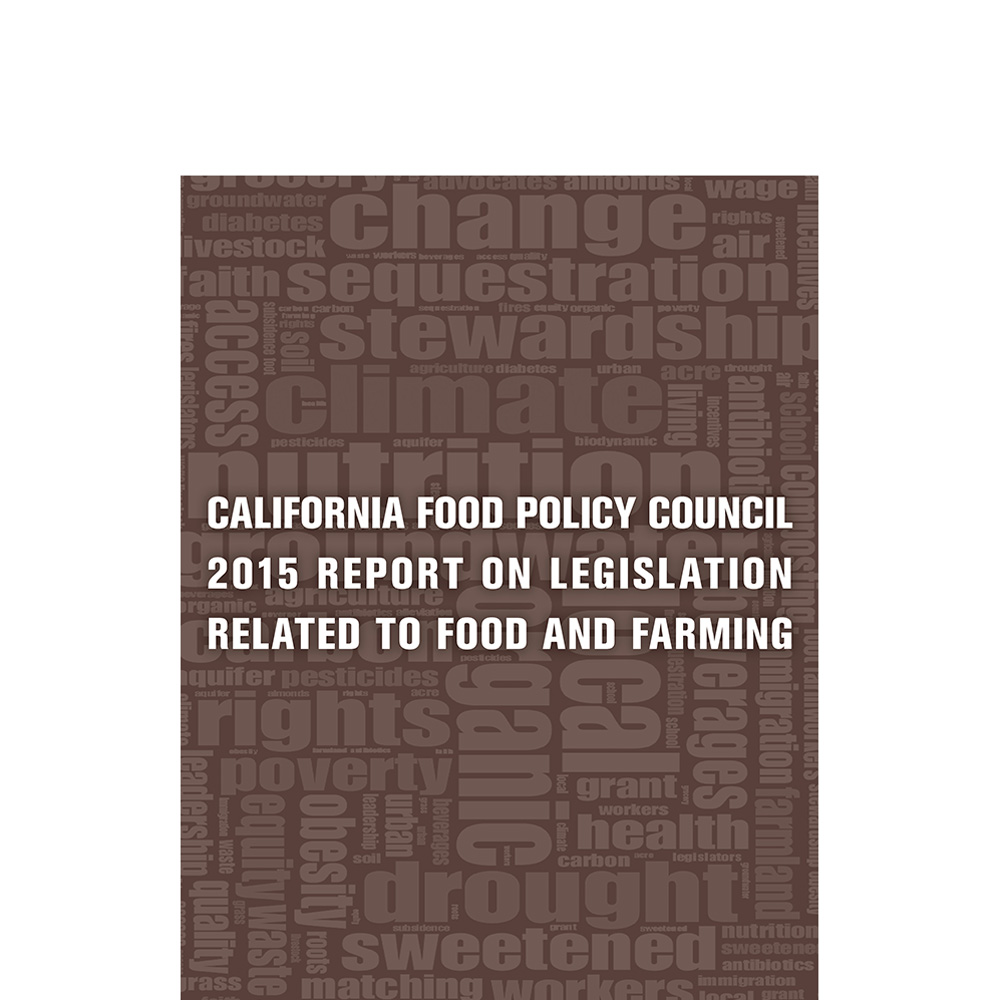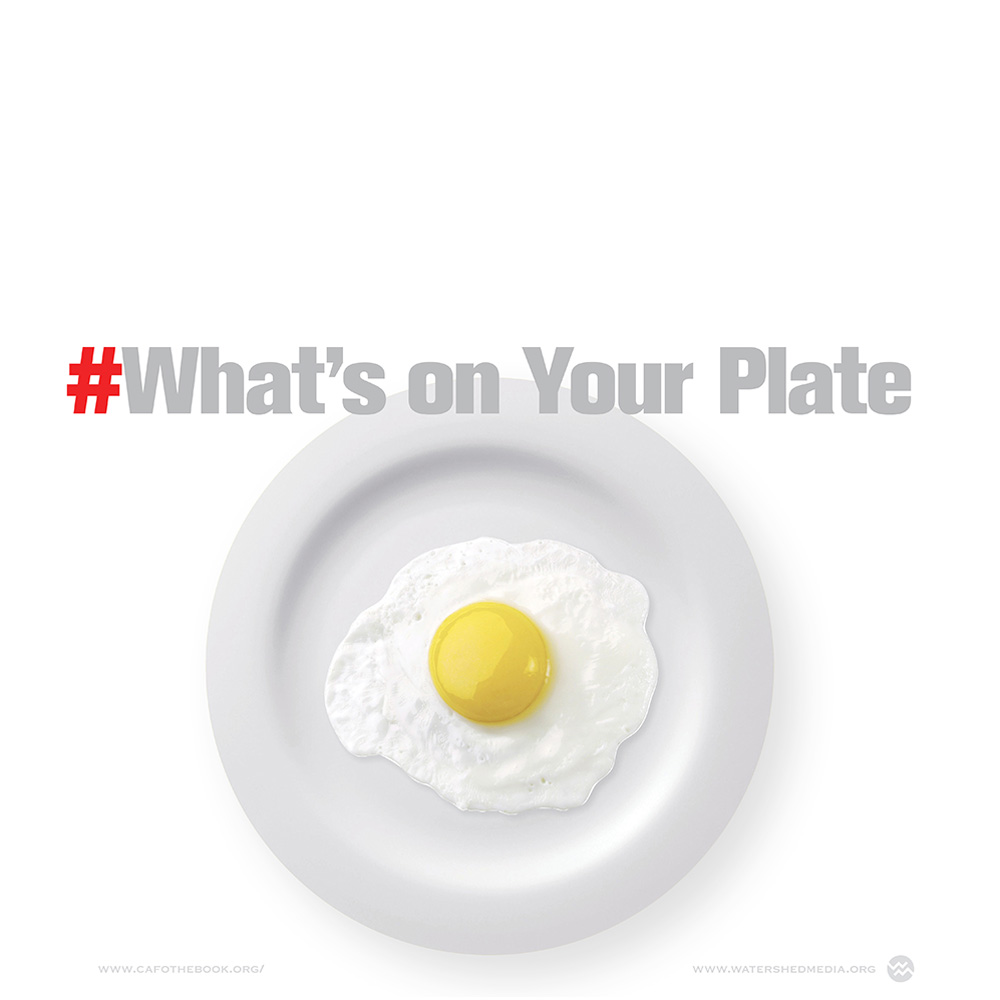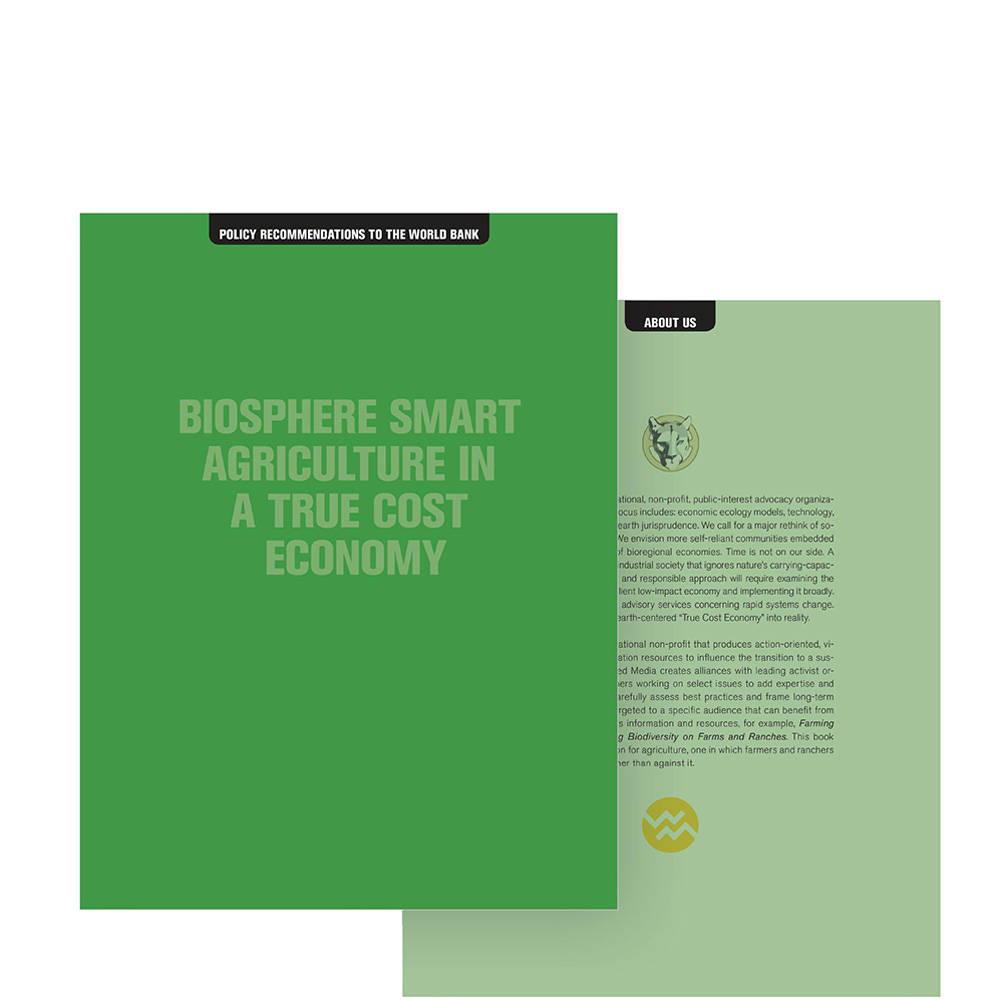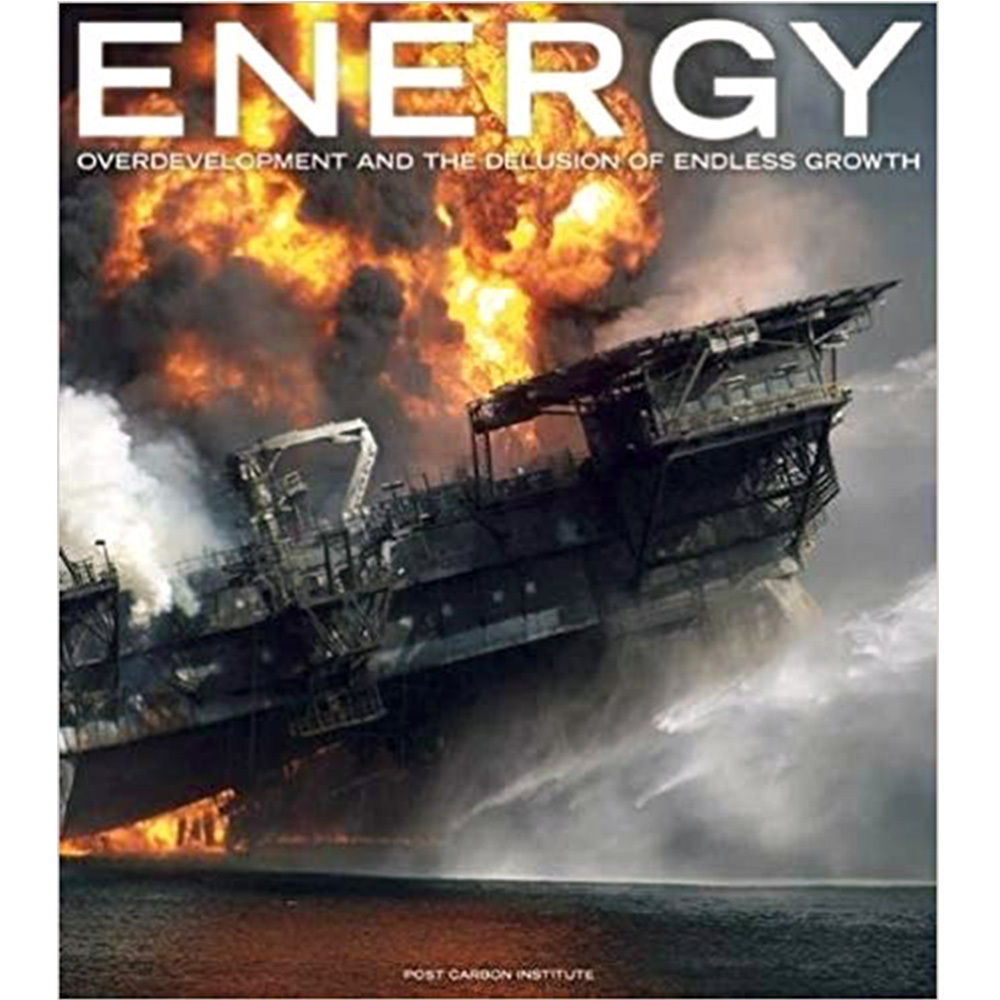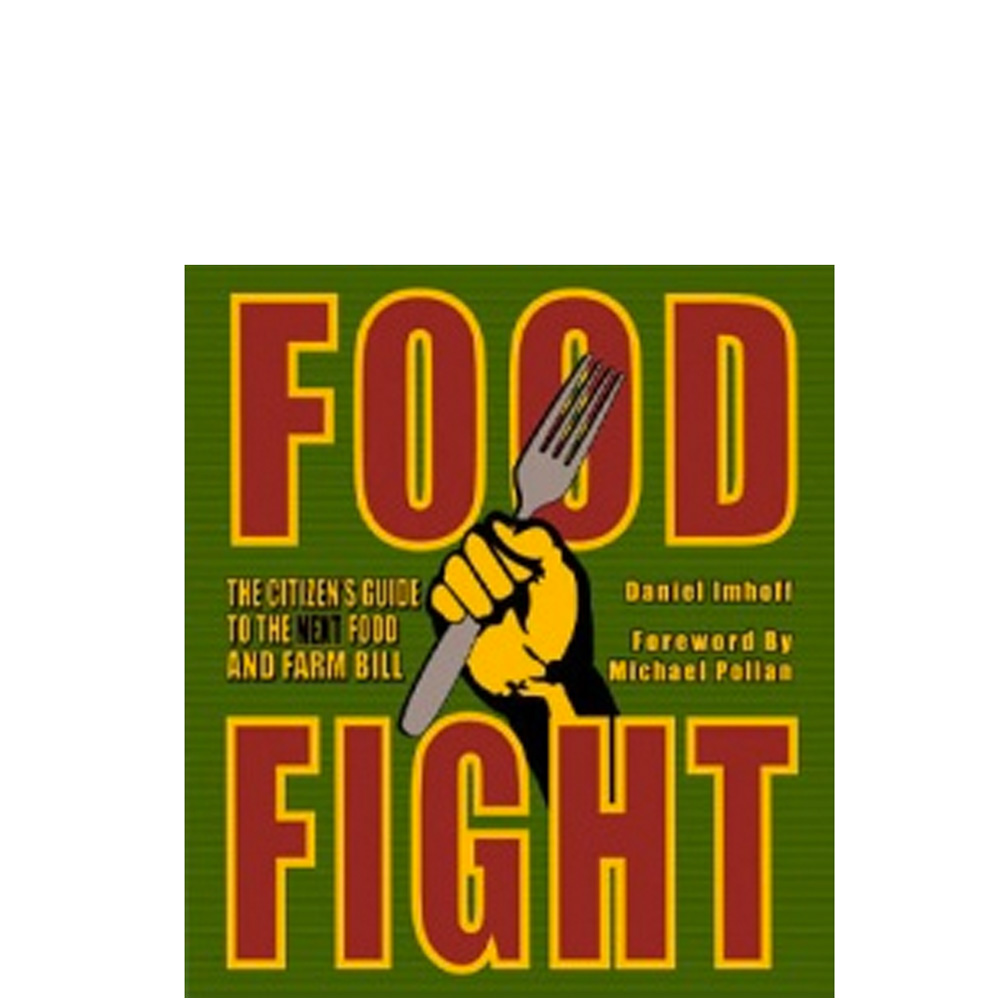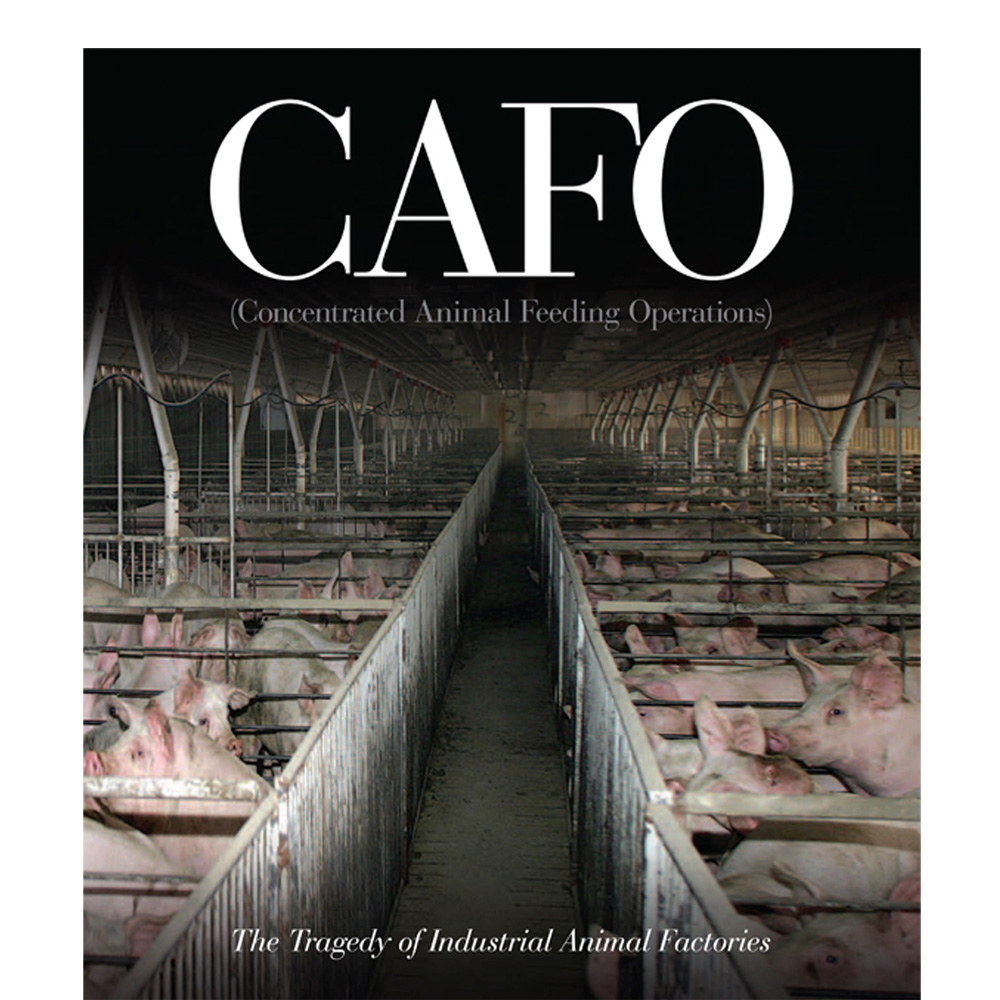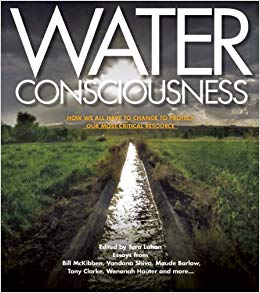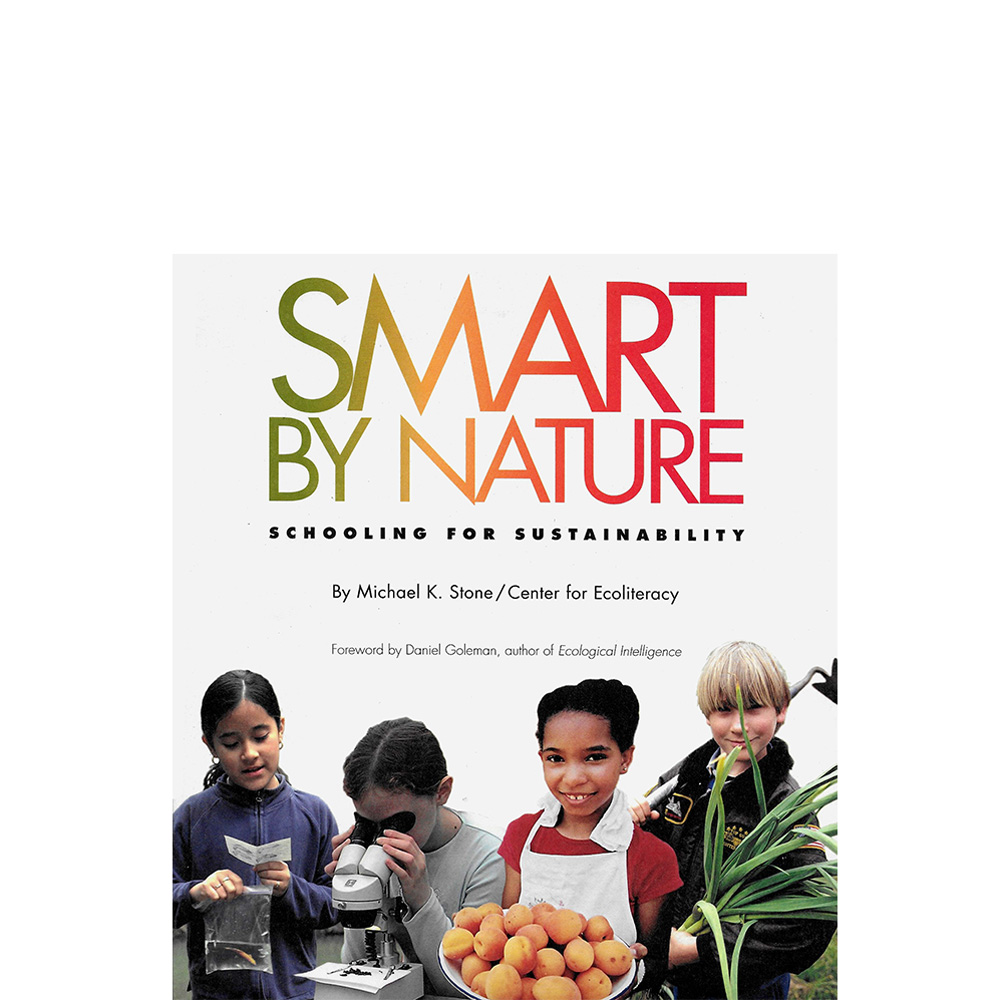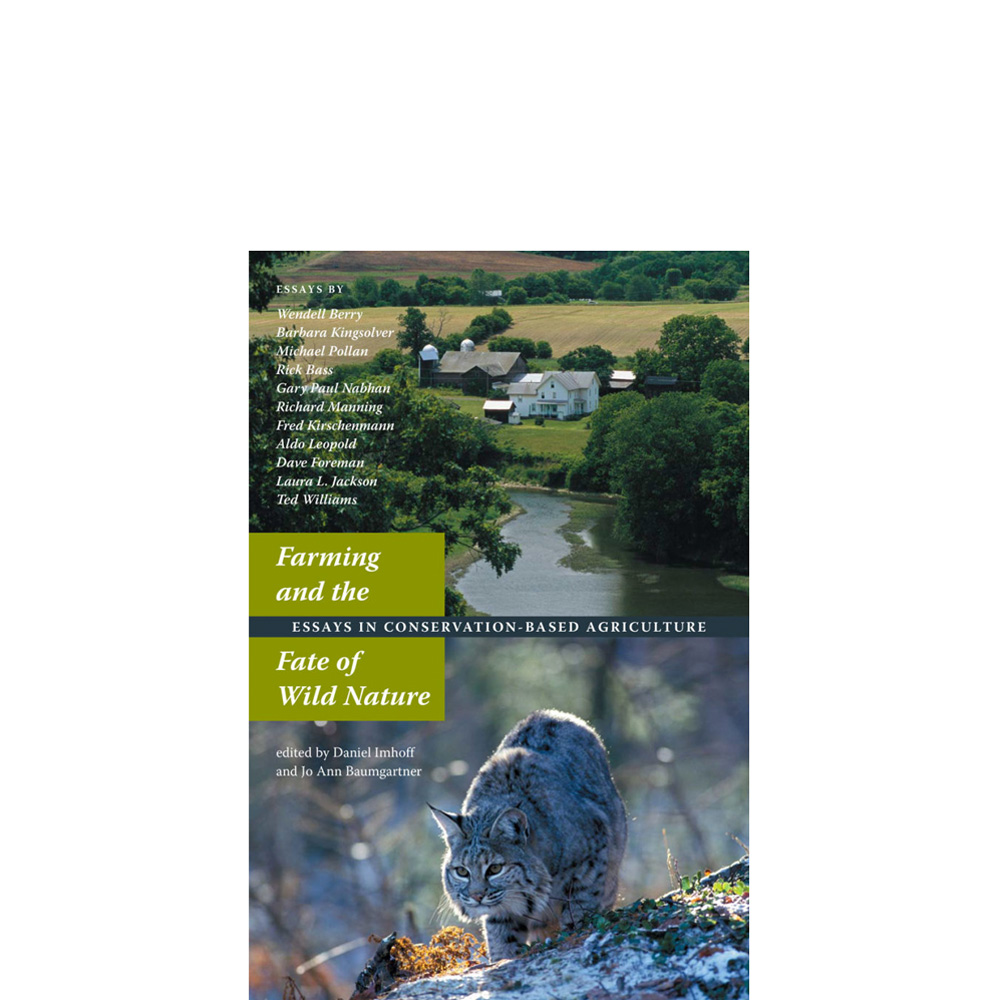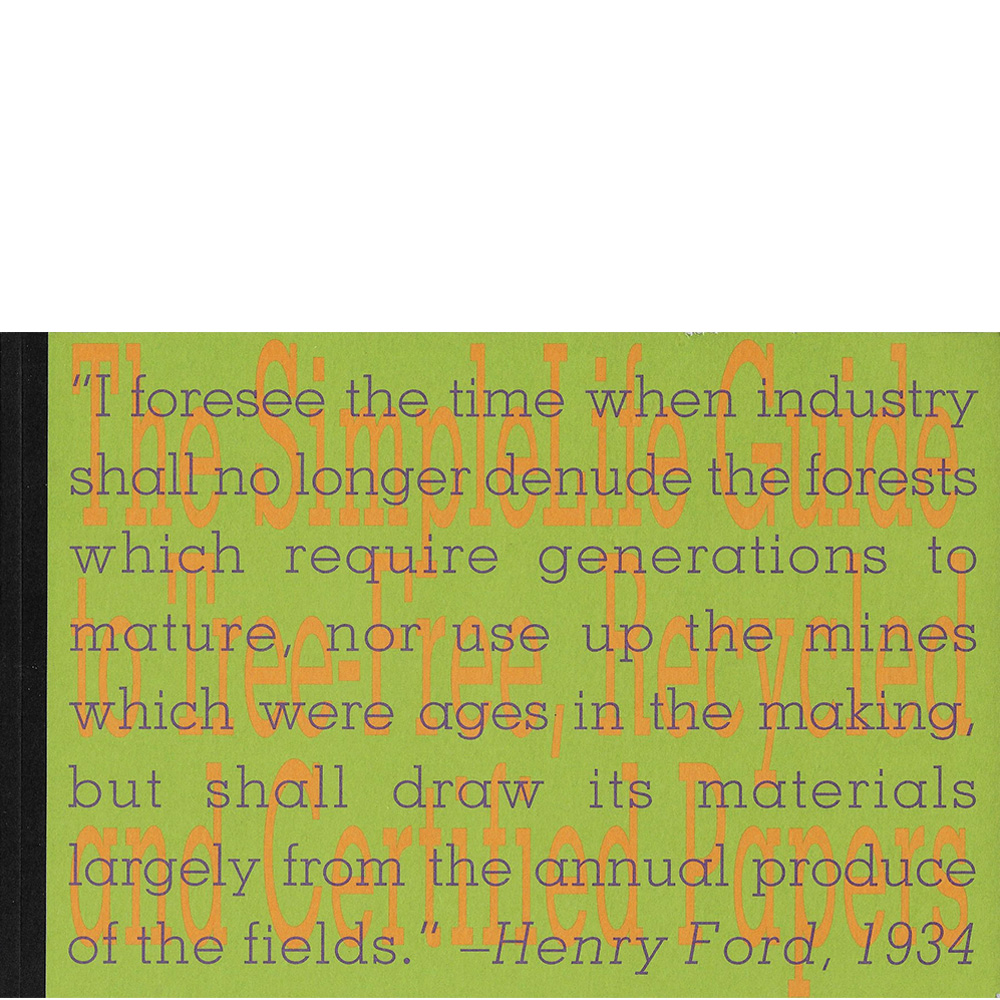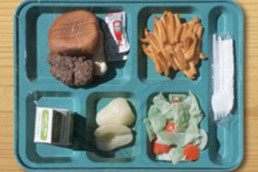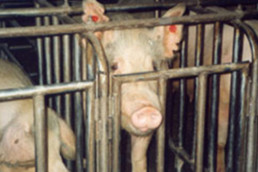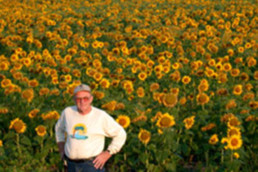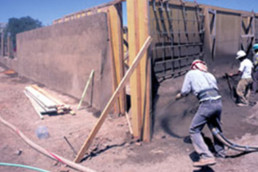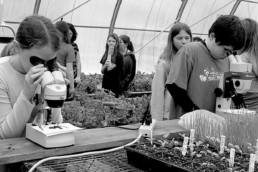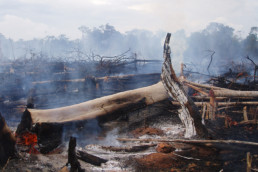Watershed Media produces communication tools and campaigns to influence the transition to a sustainable society.
Projects

- 2019
- 2019
- 2018
- 2017
- 2017
- 2016
- 2016
- 2015
- 2015
- 2015
- 2014
- 2013
- 2012
- 2010
- 2009
- 2008
- 2008
- 2007
- 2006
- 2005
- 2003
- 2001
- 2000
- 1999
Energy: Overdevelopment and the Delusion of Endless Growth
A co-publishing venture with the Foundation for Deep Ecology and the Post Carbon Institute, this coffee table size book details the slippery slope of providing endless energy to a rapidly expanding and consuming global population. Unfortunately, all sources of energy have negative impacts, so the book’s message of conservation strikes a dramatic chord
Food Fight: The Citizen’s Guide to the Next Food and Farm Bill
Completely rewritten for the 2012 Farm Bill reauthorization, Food Fight is highly regarded as the best available primer on US farm and nutrition assistance legislation. This highly readable book offers a concise history of the Farm Bill as well as numerous chapters explaining conservation programs, Food Stamps, subsidies, and other topics along with plenty of infographics.
CAFO: The Tragedy of Industrial Animal Factories
The most powerful condemnation of the industrial animal factory farming system ever published, CAFO is a coffee table size book with over 450 color images and 40 essays. With its top-notch reporting and graphic photographs, this book serves activists around the country (and the world) that work to right the wrongs of industrial meat, dairy and egg production.
Post Carbon Reader. Managing the 21st Century’s Sustainability Crises
A co-publishing venture with the Post Carbon Institute, this book offered policy prescriptions for our increasingly overheated and resource stressed planet. It has become a popular college text for courses in sustainability, environmental sciences, as well as a primer for the Resilience and Transition movements around the world.
Smart By Nature: Educating for Sustainability
This joint publication with the Center for Ecoliteracy was the first of our Contemporary Issues Series. Designed to help educators and parents green campuses, plant school gardens, adopt healthy lunch programs, and create environmental curriculum for K-12 education. It features case studies from around the country as well as check lists for direct action
Food Fight: The Citizen’s Guide to the Food and Farm Bill
This was the first book to translate the US Farm Bill for the interested public. Using dozens of charts and illustrations, Food Fight reduced the complexities of farm subsidies, nutrition assistance, and conservation incentives into concise chapters and helped inspire a public movement for a more responsible food and farm policy.
Farming and the Fate of Wild Nature: Essays in Conservation-based Agriculture
This essay collection compiles the underlying philosophy behind Farming with the Wild, from philosophy to conservation biology to government policy and dietary behavior. It was distributed to hundreds of agricultural professors by the Wild Farm Alliance. Essayists included Wendell Berry, Reed Noss, Aldo Leopold, Michael Pollan, Barbara Kingsolver, Becky Weed and many others.
Paper or Plastic: Searching for Solutions to an Overpackaged World
This was the first comprehensive book about packaging materials—from forest resources to fossil fuel-based disposable plastics—complete with case studies and recommendations for packaging solutions. Paper or Plastic prompted the San Francisco Office of Environment to ban single-use disposable shopping bags and was a key inspiration for the documentary “Bag It.”
Farming with the Wild: Enhancing Biodiversity on Farms and Ranches
This book presented a bold new vision for agriculture, one in which farmers and ranchers work with wild nature, rather than against it. Three years in the making, with dozens of case studies from around the country (and the world), the book helped launch the Wild Farm Alliance, a national NGO that promotes farming systems that protect wild nature.
Building with Vision: Optimizing and Finding Alternatives to Wood
This book searched for the best ways to limit the impact of residential buildings on the forests and other natural resources. Complete with dozens of case studies and beautiful photographs, it was distributed to members of the US Green Building Council and other building and architectural associations around the country.
The Guide to Tree-free, Recycled and Certified Papers
This book was all about making it easy and attractive to buy recycled, tree-free and chlorine-free papers for your printing needs. Designed in a traditional swatchbook format, it contained 20 different paper samples, and designed and was distributed free-of-charge to 8,000 graphic designers on the day of publication.

